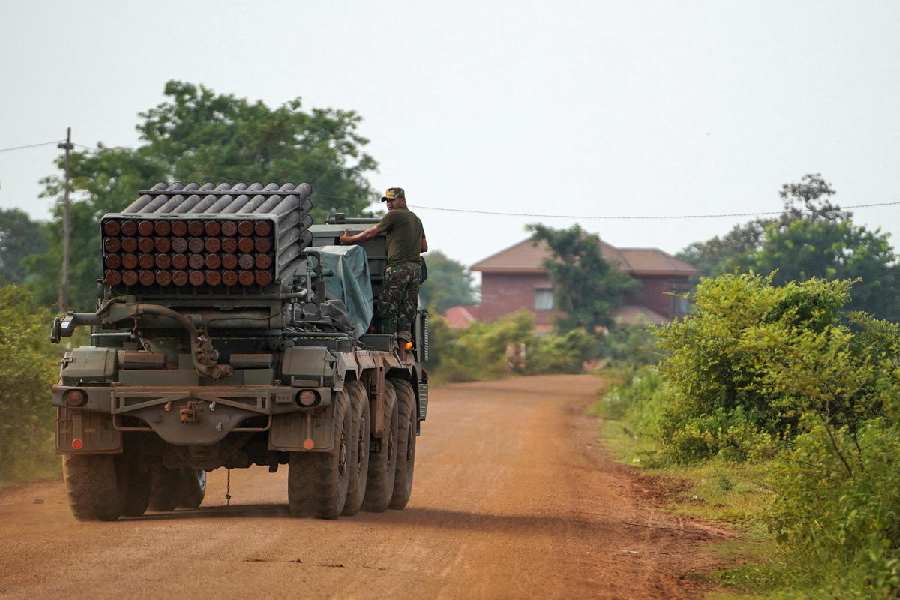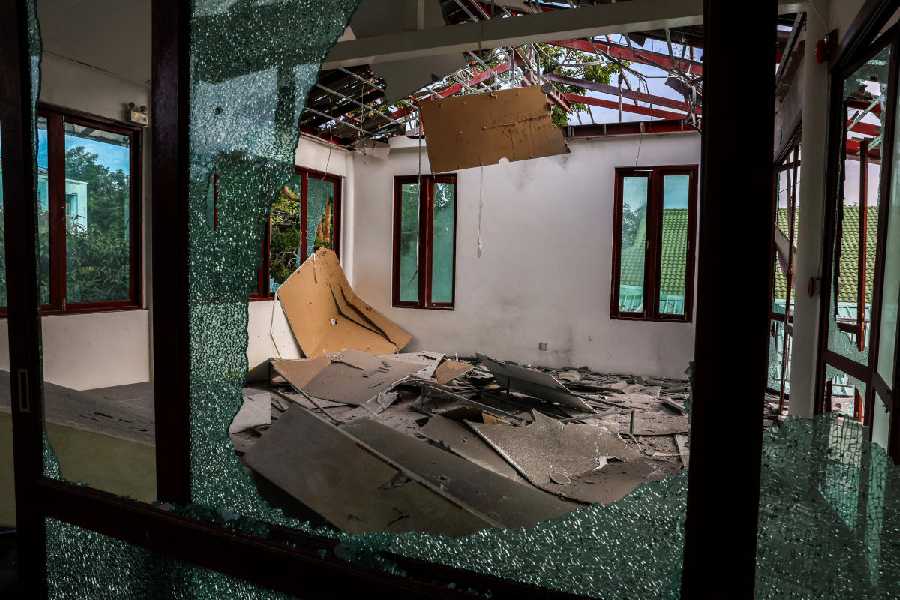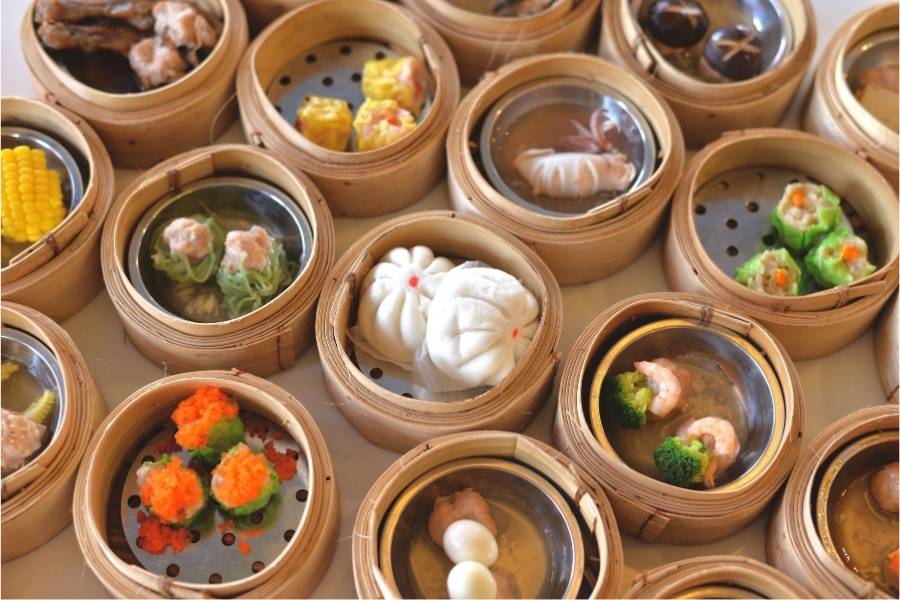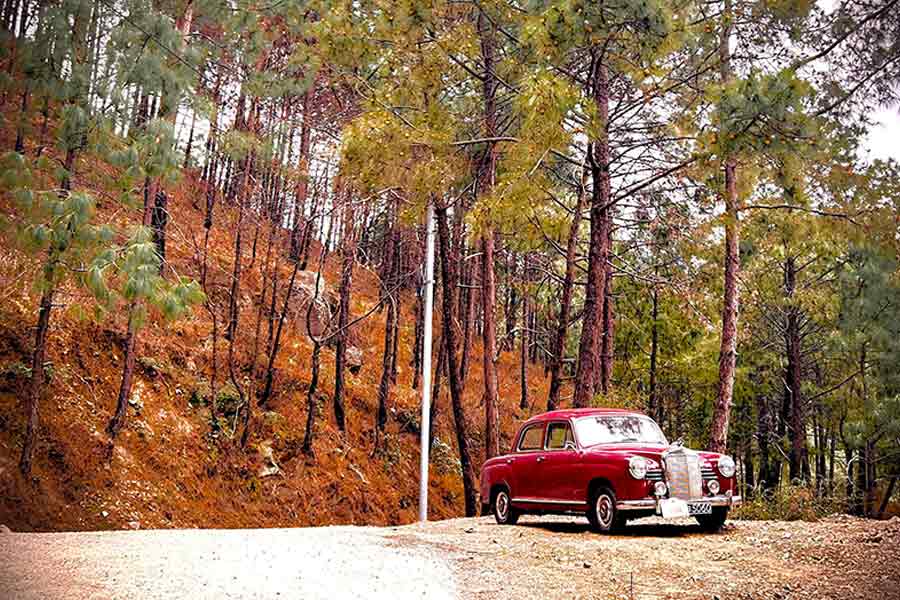 Thursday, 05 February 2026
Thursday, 05 February 2026
 Thursday, 05 February 2026
Thursday, 05 February 2026
Thailand has rejected mediation efforts from third countries to end the ongoing conflict with Cambodia, insisting that Phnom Penh cease attacks and resolve the situation only through bilateral talks, its foreign ministry said on Friday. Simmering border tensions between Thailand and Cambodia have flared into open hostilities at multiple locations along the frontline, with exchanges of artillery for a second straight day.
At least 16 people, most of them Thai civilians, have died so far in the heaviest fighting between the Southeast Asian neighbours in over a decade.

The United States, China and Malaysia, which is the current chair of the ASEAN regional bloc, have offered to facilitate dialogue but Bangkok is seeking a bilateral solution to the conflict, Thai foreign ministry spokesperson Nikorndej Balankura told Reuters.
"I don't think we need any mediation from a third country yet," Nikorndej said in an interview. Cambodia and Thailand accuse each other of starting the conflict early on Thursday at a disputed site, which quickly escalated from small arms fire to heavy shelling along a border where sovereignty has been disputed for more than a century.
"We stand by our position that bilateral mechanism is the best way out, this is a confrontation between the two countries," Nikorndej said, adding that the Cambodian side must stop violence along the border first.
"Our doors are still open."
Cambodia's government did not immediately respond to a request for comment. Its Prime Minister Hun Manet asked the United Nations Security Council on Thursday to convene a meeting on the issue, condemning what he called " unprovoked and premeditated military aggression" by Thailand.
The body has said it will hold a closed-door meeting to discuss the issue on Friday.
The fighting broke out a day after Thailand recalled its ambassador to Phnom Penh on Wednesday and expelled Cambodia's envoy, in response to landmine explosions that injured Thai soldiers.
Thai authorities allege the mines had been laid recently by Cambodia, a charge dismissed by Phnom Penh as baseless.
Malaysian Prime Minister Anwar Ibrahim, the chair of 10-nation ASEAN of which both Thailand and Cambodia are members, said on Thursday he had spoken to the leaders of both countries and urged them to find a peaceful resolution.
"If the ASEAN family wants to facilitate a return to constructive bilateral negotiations, that's welcome as well," Nikorndej said.
Tens of thousands flee their homes
Tens of thousands of people sought refuge on Friday as border fighting between Thailand and Cambodia entered a second day, heightening fears of a broader conflict.
The Health Ministry on Friday said more than 58,000 have fled from villages to temporary shelters in four affected Thai border provinces, while Cambodian authorities said more than 4,000 people have evacuated from areas near the border.

Clashes break out across border areas
The Thai military reported clashes early Friday in multiple areas, including along the border at Chong Bok and Phu Makhuea in Thailand's Ubon Ratchathani province, at Phanom Dong Rak in Surin province, and near the ancient Ta Muen Thom temple. Associated Press reporters near the border could hear sounds of artillery from early morning hours.
The Thai army said Cambodian forces had used heavy artillery and Russian-made BM-21 rocket launchers, prompting what Thai officials described as “appropriate supporting fire” in return.
Thailand said one soldier and 13 civilians were killed, including children, while 15 soldiers and 30 civilians were wounded.
A longstanding border problem
Border tensions between the two nations are not new. Their 800-kilometre frontier has been disputed for decades, with past confrontations typically limited and brief. The last major flare-up in 2011 left 20 dead.
The current tensions broke out in May when a Cambodian soldier was killed in a confrontation. The two countries said afterwards they agreed to de-escalate the situation, but both continued to implement or threaten measures, including trade and travel restrictions, keeping tensions high.
But things got worse when a land mine wounded five Thai soldiers on Wednesday. That led Bangkok to withdraw its ambassador from Cambodia and expel Cambodia's envoy to Thailand. Thailand also sealed all land border crossings and urged its citizens to leave Cambodia. Officials said all seven Thai airlines were willing to help evacuate nationals.
Cambodia retaliated by downgrading diplomatic ties and recalling all Cambodian staff from its embassy in Bangkok.
On Thursday, clashes broke out along the border.
Both militaries accused the other of using drones before escalating to artillery and rockets. Thailand said it responded with airstrikes after Cambodian forces launched truck-mounted rockets. The Thai air force said F-16 jets carried out two bombing runs on Cambodian positions.
Cambodia claimed those bombs landed near the Preah Vihear temple, a UNESCO World Heritage site that has been at the centre of past disputes. Authorities in Phnom Penh released photos they said showed damage to the site and pledged to seek international justice.
The border dispute has also roiled Thailand's domestic politics. Prime Minister Paetongtarn Shinawatra, under scrutiny over a phone call with Cambodia's former Prime Minister Hun Sen, still a power broker in his country, was suspended from office on July 1 pending an investigation into possible ethics violations over the matter.







